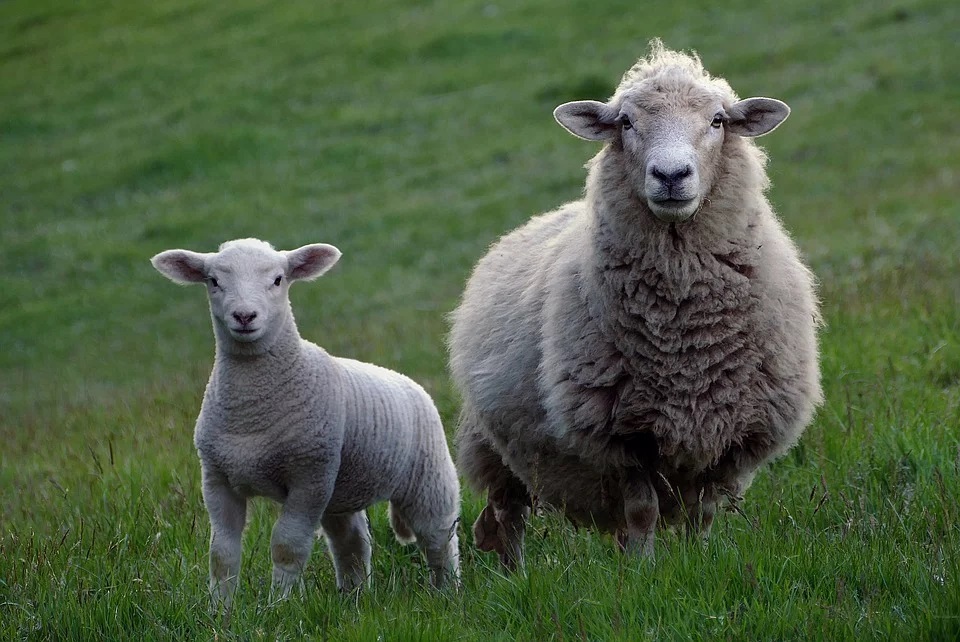For Europeans and a majority of people around the world, a world without livestock is not something that is widely called for. Nevertheless, a minority fraction of the European population, are considering a world that is “free from livestock production”. This clear and radical stance may seem seductive to some who consider it a coherent vision for the future. However, the singular removal of an entire food group from our future would bring with it a number of consequences that are often ignored.
Assessing all social, environmental, economic aspects related to an abandonment of the European livestock model is extremely complex even for livestock scientists and many side effects are almost impossible to predict. There are however, five clear consequences that could be considered as certain:
1.- Europe will lose a circular bio-economy champion
In a global circular bio-economy, livestock has many valuable roles that would disappear in a world without livestock. By valorising food-chain by-products livestock contributes to a more efficient agriculture and to a rich cultural and creative society. The recycling or some say ‘upcycling’ of biomass from resources such as grass, straw and bran that are inedible for people is an important process. If not consumed by livestock, these residues and by-products could quickly become an environmental burden in themselves, as human demand for processed foods increases.
2.- Rural Europe will be depleted
Today livestock is a key component of rural Europe. Livestock are present in almost all regions across Europe in a wide diversity of production systems according to local economic, geographical and sociological contexts. The livestock sector contributes substantially to the European economy (€168 billion annually, 45% of the total agricultural activity), to the trade balance and creates employment for almost 30 million people. Without livestock the rural exodus will increase, creating additional pressure in our cities, and a greater disconnection with nature and with our cultural heritage. Abandoned land would also result in increased forest fire risks in a context of global warming.
3.-The use and price of synthetic fertilisers will increase
The livestock sector is not only producing food but also a wide range of by-products, starting with manures and other effluents. Today, 40% of the world’s cultivated area are using organic fertilisers coming from livestock production. A world without livestock will therefore lead to an important increase of synthetic fertilisers use. This would result in an increased dependency of European farmers on fertiliser imports, endangering our food security. Today fertilisers already represent one third of the farmer’s costs, in a future which may see a higher price for fertilisers, producing crops may no longer be profitable without a global price increase.
4.- European food culture heritage will partly vanish
A complete shift away from livestock production would present major challenges to meeting all populations’ nutritional needs. With no meat, cheese, eggs and fish in diets, the EU population would not receive enough of several different essential dietary nutrients from the foods they eat. A plant-only diet also would require individuals to eat more food and more daily calories to meet their nutritional needs because the available foods from plants are not as nutrient dense as foods from animals. nimal food products are the only available, non-supplemental sources of some fatty acids and vitamin B12.
5.- The carbon footprint of our meals will not see a substantial decrease
From a climate change perspective, a world without livestock would likely not be as some may expect. Without ruminants, the maintenance of our pastoral meadow and hedgerow landscapes would become extremely difficult. Forests would gain ground and become more susceptible to fire in the event of extreme temperatures. A study in the US on this issue by animal scientists Mary Beth Hall and Robin R. White, considered that the total removal of livestock in the US would represent only a drop of about 2.6 per cent of total US emissions when considering the main side consequence of livestock abandonment.
The information published comes from the #meatthefacts campaign, a campaign that has been launched to publicize the information of the livestock and meat sector and which has the support of the UECBV.eu.
More information in: https://meatthefacts.eu/

















